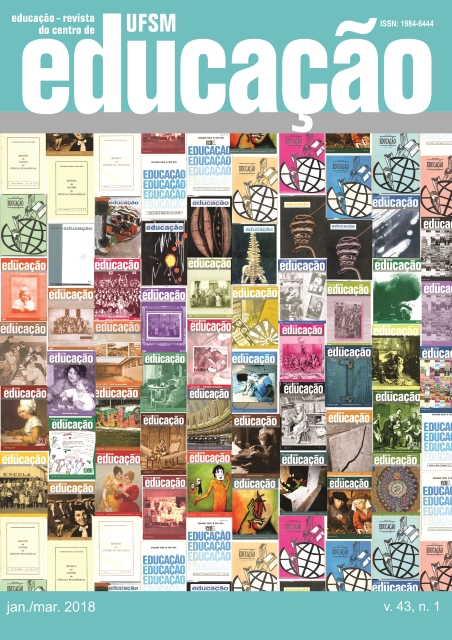Education at the service of alienation: bills that threaten Paulo Freire’s dream of transformative education
DOI:
https://doi.org/10.5902/1984644424721Keywords:
Paulo Freire, Education, NeoliberalismAbstract
This paper seeks to analyse recent bills which were drafted with a view to repressing critical thinking in Brazilian schools, thus forcing these schools to fully abide to neoliberal premises and demands. There are different ways in which the liberty and autonomy of pupils and educators alike can be put in risk. These range from the abolishment of subjects which are essential for shaping citizens, such as Sociology and Philosophy, to the criminalisation of Humanities teachers, including the fomentation of a more productivist approach to education whereby only grades matter. These different measures officially introduce an option for something which was greatly condemned by Paulo Freire, Brazil’s greatest educator: an alienating education at the exclusive service of big business.Downloads
Published
How to Cite
Issue
Section
License
Declaration of originality
We declare that all articles present in the journal Educação (UFSM) are originals and were not submitted for publishing on any other publication, as a whole or a fraction. We also declare that, after being published by Educação (UFSM), a paper will not be submitted to another journal within two years. After this time, our journal transfers the publishing rights to the authors, with a permit granted by the Editorial Council.
We also acknowledge that the originals’ submission to Educação (UFSM) implies on a transference of copyright for physical and digital publishing to the journal. In case of noncompliance, the violator will receive sanctions and penalties predicted by the Brazilian Copyright Protection Law (n. 9610, dated 19/02/98).
Attribution 4.0 International (CC BY 4.0)
This license lets others remix, transform, and build upon the material for any purpose, even commercially, and copy and redistribute the material in any medium or format.

This work is licensed under a Creative Commons Attribution 4.0 International (CC BY 4.0)






